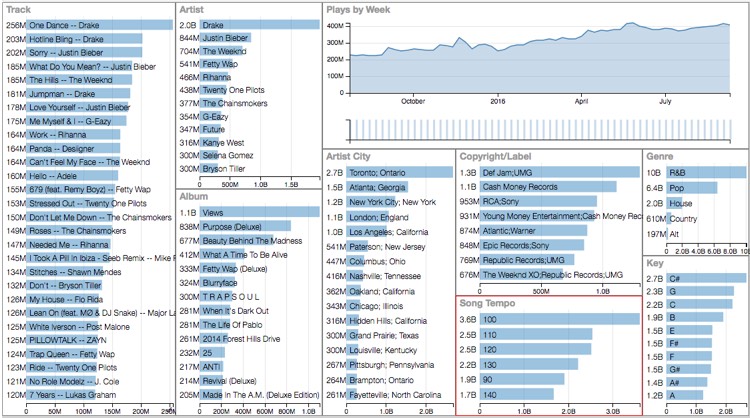

The past couple of years has seen Radio 1 lose millions of listeners as it attempts to retune to a younger audience. Thanks to the internet’s endlessly personalisable technologies – YouTube channels, streaming, you-name-it-on-demand – pop has been at the forefront of a seismic change in listening. (Quite how young that audience might be was slightly misunderstood by NME recently, who weighed in with jokes about Rastamouse, a show on CBeebies, the channel aimed at pre-schoolers.) The move to CBBC speaks volumes about the need to hook a younger audience into consuming pop in ways an older audience would recognise. With charts as accurate as they have ever been, both the top 40 and what you might call chart-watching as a national pastime are now under scrutiny. Not only that – as of 10 May, kids’ TV channel CBBC will play host to The Official Chart Show, a magazine programme studded with videos and gossip, and hosted by Cel Spellman, a successor, of sorts, to the much-missed Top of the Pops. After more than 40 years on Sunday nights, BBC Radio 1’s chart show, to be hosted by Greg James, will move to Friday evening, from 4pm to 6pm. From July, singles and albums will no longer come out on Monday in the UK, but on Friday – a move that will bring worldwide release dates into harmony.

Earlier this month, charts just for vinyl were introduced, reflecting the unexpected resurgence of the connoisseur’s format. In the past decade, the UK charts have been rejigged to accommodate downloads and streaming plays, in an attempt to best reflect what music is most popular. Indeed, the history of the metrics of music consumption would – and does – fill books.

Similarly, since their invention in the NME in 1952, the UK pop charts have been far from bulletproof.


 0 kommentar(er)
0 kommentar(er)
